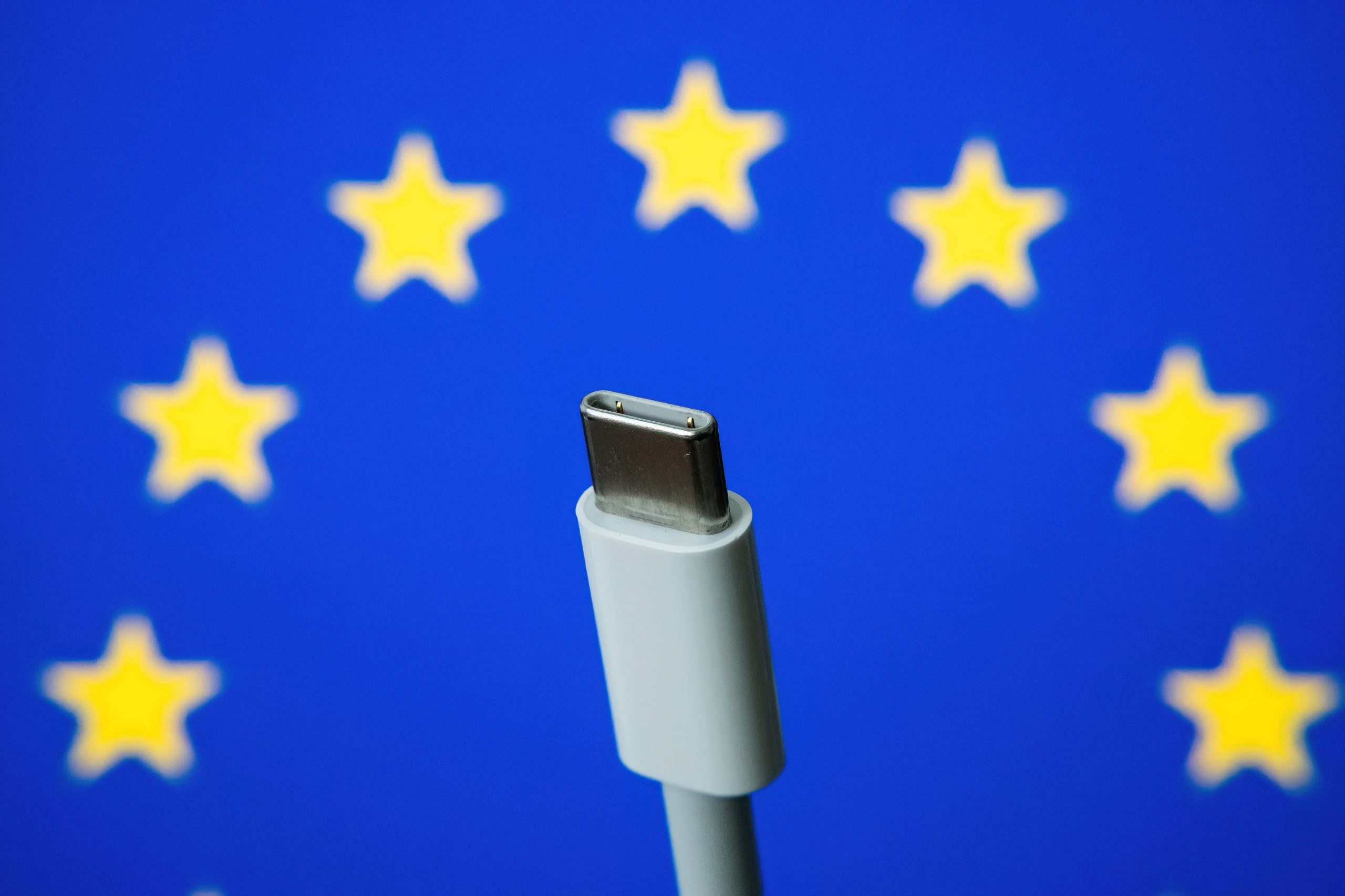Mobile phones across Europe to have universal charging port from 2024

Mobile phones will all use USB-C cables from 2024 after European MPs voted in favour of a universal charging port.
The new law covers all small and medium-sized mobile devices across Europe, including tablets, headphones, e-readers, digital cameras and portable speakers.
The new regulation will have the most profound impact on the smartphone industry, which is one of the most significant contributors to electronic waste.
The European Commission has noted that the initiative will also save consumers an estimated £219m.
It means Apple will now have to cease the use of its proprietary Lightning connector, which is used in its iPhone and iPad devices.
Apple argued against introducing a universal port after claiming it would increase e-waste due to consumers being forced to dispose of their old chargers, while also stifling innovation.
However, a significant majority in the European Parliament voted to bring in a new law for a single charger.
Smartphone and mobile manufacturers will have to comply from 2024, but laptop manufacturers have a little longer to switch with a 2026 deadline.
While the ruling means manufacturers will likely use a single charger worldwide, the UK government has said it isn’t planning to adopt the same law.
However, the EU law would be applicable in Northern Ireland due to the terms of the Brexit deal.
MP Alex Agius Saliba noted: “This future-proof law allows for the development of innovative charging solutions in the future, and it will benefit everyone – from frustrated consumers to our vulnerable environment”.
Research shows that around 50% of mobile phone chargers sold in 2018 had slower USB micro-B connections, compared to 29% for USB-C and 21% for Lightning.
